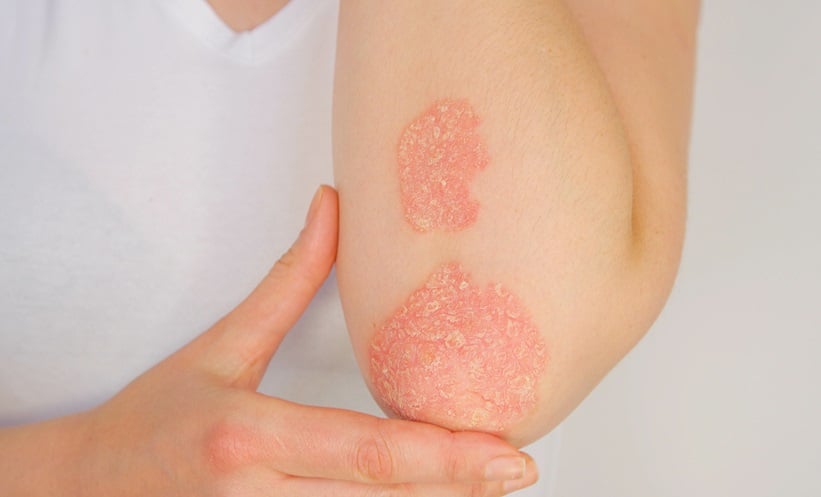A RECENT study, led by Université Paris-Est Créteil, France has explored the relationship between diet and psoriasis. The data, collected from 29th November 2021, to 6th June 2022, included participants aged 15 years or older, who were grouped based on their self-reported psoriasis status: never had, nonactive, or active. Researchers focused on the daily consumption of processed foods and their association with psoriasis activity while taking into account various lifestyle and health factors.
Participants’ food intake patterns were evaluated through dietary records, and additional information was gathered, such as age, sex, education, body mass index, smoking status, physical activity, alcohol use, and existing health conditions like diabetes, cardiovascular disease, and depression. To examine the associations between diet and psoriasis, statistical models were employed, adjusting for these factors to reduce bias and ensure accuracy. Sensitivity tests were also conducted to confirm the reliability of the results, including cases verified by dermatologist assessments.
The analysis included 18,528 individuals, with a median age of 62 years, 74% of whom were female. Of these participants, 10% reported having psoriasis, with 4% classified as having active psoriasis and 6% as having nonactive psoriasis. Individuals with active psoriasis displayed a lower proportion of females and were more likely to be obese, with a higher prevalence of health conditions such as cardiovascular disease and diabetes compared to participants without psoriasis. Additionally, high-intensity physical activity was less frequently reported among individuals with active and nonactive psoriasis.
Initial analyses found that higher consumption of processed foods was linked to active psoriasis. After adjustments for confounding factors like BMI and other health conditions, participants in the highest level of processed food intake were 36% more likely to have active psoriasis compared to those in the lowest consumption group. While sensitivity analyses weakened this finding when dermatologist-confirmed diagnoses were used, the findings suggest that processed food consumption may play a role in promoting inflammation associated with active psoriasis.
Katie Wright, EMJ
Reference
Penso L et al. Ultraprocessed food intake and psoriasis. JAMA Dermatol. Published online November 27, 2024. doi:10.1001/jamadermatol.2024.4832







